Just a few short decades ago, Albania found itself secluded behind an iron curtain, cut off from the rest of the world by a rigid communist regime that stifled freedom, innovation, and progress. For nearly half a century, the nation languished in a state of isolation, its people yearning for change and dreaming of a brighter future.
The winds of change began to blow in the early 1990s as Albania embarked on a journey of political and economic transition. The collapse of communism brought forth a wave of reform, propelling the nation into uncharted territory. The path to democracy was not without its challenges, as Albania faced a myriad of obstacles in its quest for stability and prosperity.
With newfound freedom came an insatiable appetite for progress and development. Government slogans promising change and a new beginning never quite materialised and it left a generation of Albanians disenfranchised. As a result, it is a now country in crisis and currently experiencing one of the most severe brain drains in modern history. According to new data from the Albanian Institute of Statistics, 46,460 Albanians left the country in 2022. This exodus was 10.5% higher than in 2021, and it is believed that 36,000 of those were young people.
The country is experiencing severe repercussions as a result of youth migration and the ongoing brain drain. To find out more about how this has been allowed to happen, who is responsible and what more can be done to prevent it, The Atlantic Dispatch sat down with Dr Andi Hoxhaj Lecturer in Law at the University College London
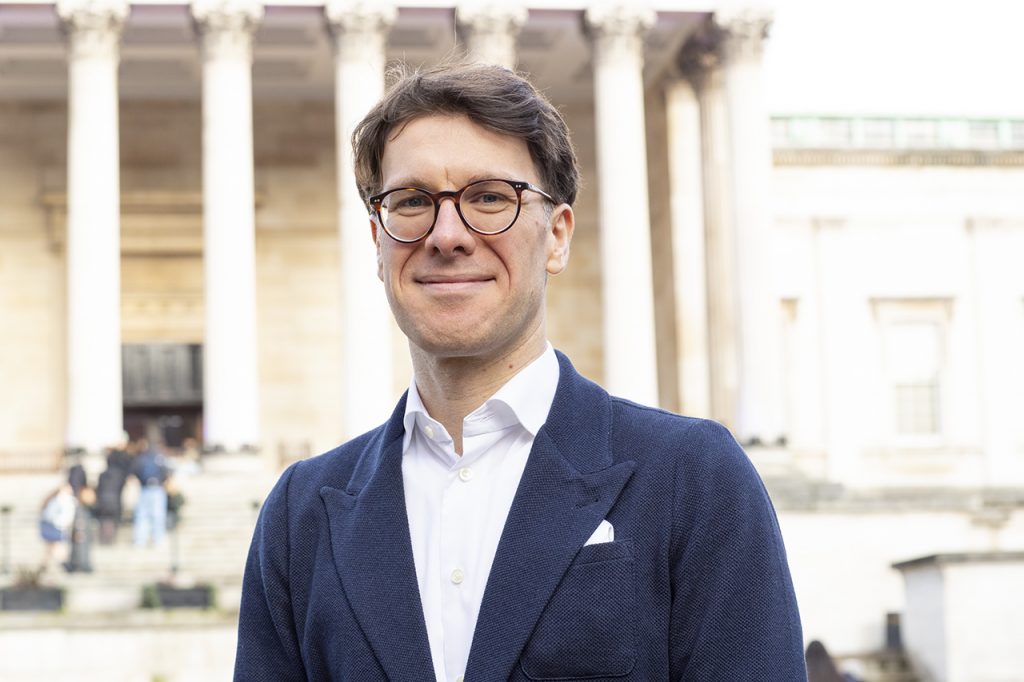
How alarming is it that so many people are choosing to leave Albania and what could this mean for the future of Albania?
Hoxhaj: Particularly in a small country like Albania with just a population of 3.5 million, brain drain, and young migration are rather worrying trends, because of the potential social and economic effects they may have on numerous industries, but more importantly on society. For example, there have been several concerning reports this summer that jobs in the hospitality industry, that were previously held by young people are now unfilled, and Albania is loosening some of its visa regulations for citizens from Asia and Africa to attract migrants to fill those jobs.
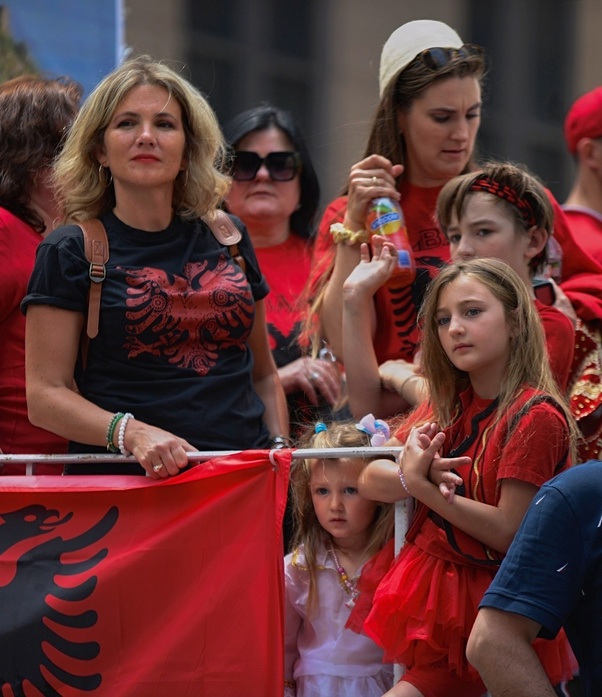
In addition to the hospitality sector, we are seeing severe migrations in the education system. It is alarming to see an increase in the number of teachers leaving. Thus, the short to medium-term future appears to be concerning, and it is critical that a thorough conversation takes place in order to try to find some solution to offer incentives for the youth.

So far, the brain drain and youth migration has not been sufficiently addressed in policy terms and, in most cases, have been highly politicised by political parties, which is unhelpful in genuinely addressing some of the wider social and economic impacts that youth migration will have on the country.
How severe is poverty and exclusion in Albania that it’s driving skilled professionals and workers away from the country?
Hoxhaj: The reasons for migration vary, and generalisations about why Albanians leave their country should be avoided – as the issues are complex to unpack as to why young people decide to leave. When looking at the top five reasons why Albanian youths leave; poverty and a lack of adequate employment stand out, followed by a lack of opportunity and exclusion – both in political and economic terms. These reasons have had a significant impact on educated Albanians as well.
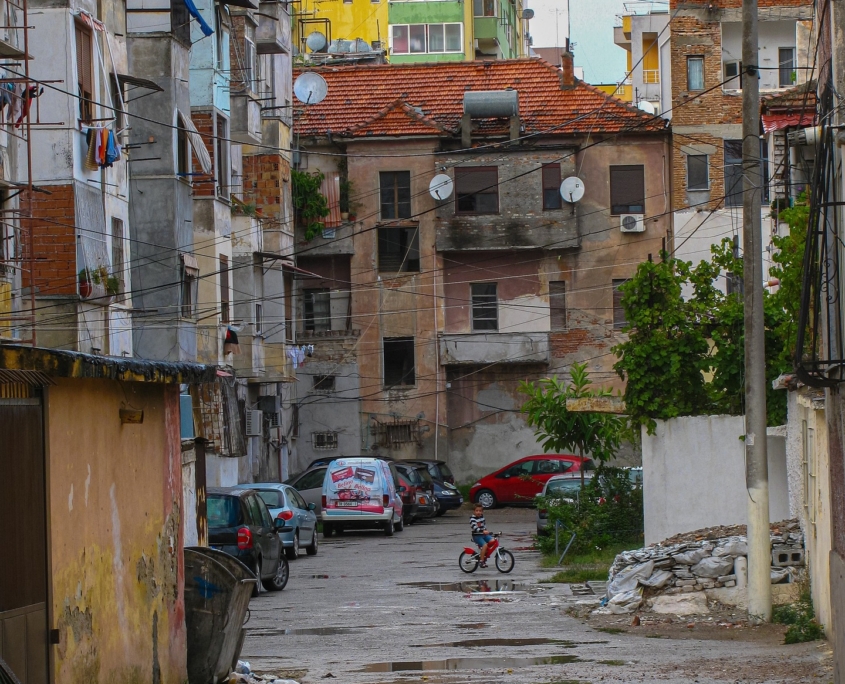
Albanians want to advance their careers and improve their economic circumstances – one cannot expect young Albanians to wait forever for the country to make those improvements. If there is one thing we learnt through COVID-19, it is that life can be quite short and highly fragile, and we cannot blame the youth for trying to better their lives in the aftermath of the pandemic and now the rise of inflation, the likes that we have not seen in the last two decades.
What do you believe needs to happen to help keep Albanians from leaving? Do you believe there is a solution?
Hoxhaj: First, the issues confronting youth in Albania must be prioritised at both the local and central government levels, and a true reflection of some of the true issues underlying why young Albanians are leaving must be addressed through policies to create the conditions for the youth to return and invest in Albania.
So far, young Albanians are dissatisfied with political parties and their offers to keep young people; for example, in the May 2023 local election, there were 122.545 eligible first-time voters, and only 16.628 voted, or 13.56% of eligible first-time voters took part.
Second, local governments in Albania need to do more to address the causes that drive young people to leave, particularly in places in both the north and south of the country where there is a youth exodus, and youth police were barely mentioned during the local election in May 2023. I previously wrote a piece in The Conversation on Albania’s ghost towns: the crisis that caused the exodus that looks in detail at this.
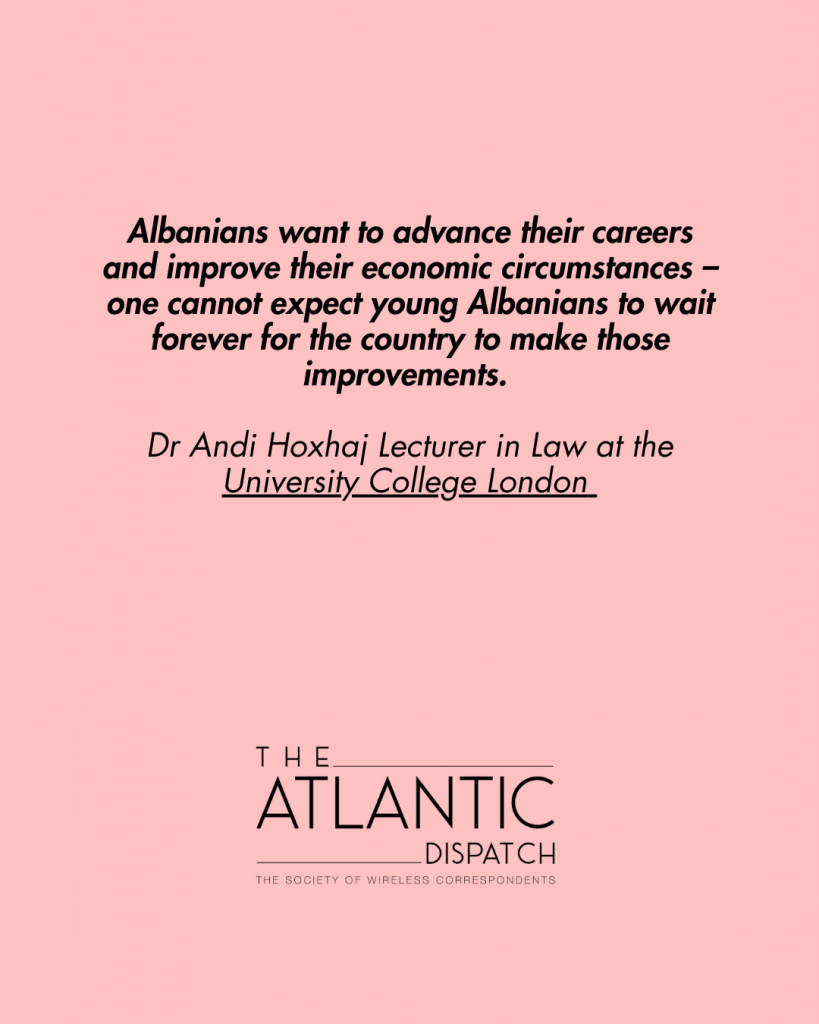
Third, Albania could learn from countries like Ireland and Estonia that faced similar challenges with the youth and try to incorporate the best practices as to how to attract its youth to stay – and develop its own model to incentivise its youth to see their future at home – there is a lack of incentive and that discourages the youth to build their future and that needs to be addressed through a political process
Furthermore, recalibrating its economy into a greener economy and a digital market could be something that makes Albania more desirable. However, it will be difficult to address the issue of youth migration without taking an honest look at it and being willing to address it; unfortunately, so far political parties have done nothing more than pay lip service to youth policies; the government, while endorsing its first-ever youth policy in 2023, it remains to be seen if it will actually address open public discussion.
Is there a belief amongst the youth in Albania that they don’t have a future in the country? What is their opinion of the government?
Hoxhaj: Why they are leaving is because of a lack of prosperity and decent employment where you can make a proper living. In another recent article with The Conversation piece, I outlined how Albanians have the lowest level of disposable income in Europe, and that’s another huge indicator as to why they are leaving.
In regard to the government—as you saw in the statistic above about first-time voters— the youth feel disenfranchised with all the political parties because political parties use only slogans to attract some of the youth but nothing truly substantial.
It is vitally important that not only the government but local government in the local community make the issues of youth central to their policy thinking, as they are closer to the community and could tackle the issues in coordination with the government more effectively.
Even within Albania, different municipalities face different issues and problems, and thus better policy thinking on their behalf is needed. It is a shame that even though the numbers for high youth migration both in 2022 and 2023 were high, during the local government election – the political grievances between the leaders took centre stage rather than some of the issues addressing the concerns of the youth.
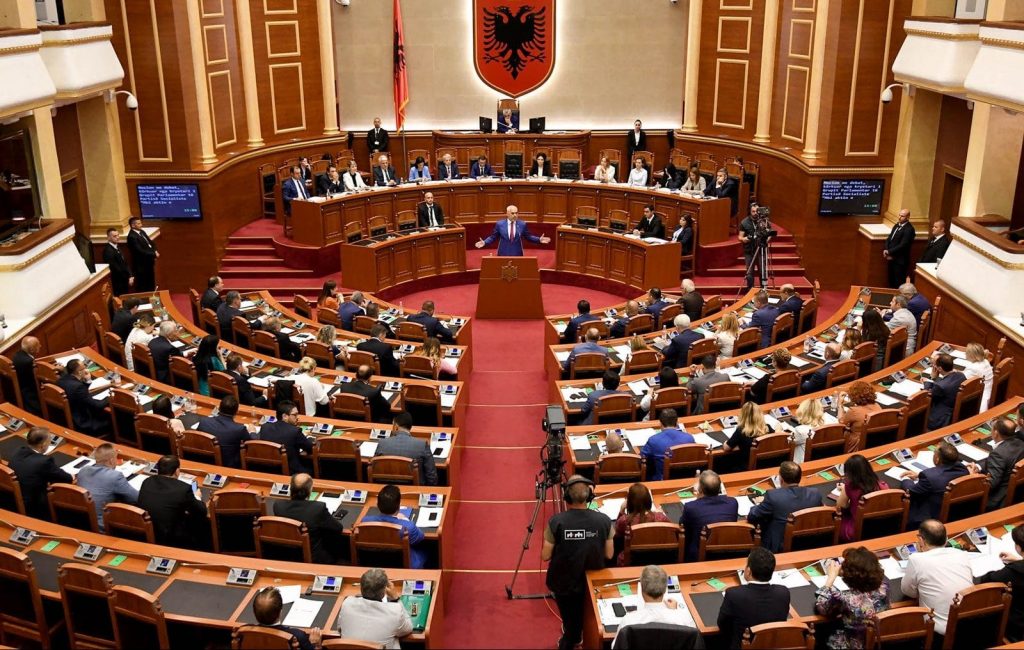
How vital is it that the EU steps in to help and assist in some way?
Hoxhaj: For a variety of reasons, the EU must scale up its efforts to mitigate youth migration and the brain drains not only in Albania but throughout the Western Balkans. First, since the fall of communism in Albania in the 1990s, the country has developed a social contract with its citizens, stating that once we joined the EU, we would transition from a post-communist country to a fully functional market economy and liberal democracy and that the people would bear some of the hardship and repercussions.
However, the transition appears to be never-ending, as there has been no EU accession in the past 32 years since communism’s collapse, and this vision that has been sold and cultivated for many years appears to be no closer, and the EU should give the youth an honest explanation and tell us if EU accession is truly on the table.

Second, if EU membership is not possible, access to the EU Single Market must become a priority in order to spur economic growth and opportunity for the country, as well as Albanian institutions.
Third, political parties should work closely with their EU allies to address youth issues and find ways to improve the country’s socio-economic conditions, as well as provide some opportunities with conditions. For example, why waste over £3 million per year on a good governance programme (which the EU paid to Albania between 2010 and 2018) when those funds could go to educational scholarships for young Albanians to study in one of the EU countries with the condition that they return to Albania and work in one of the state institutions for 3 to 5 years and give back. That way the public administration can be reformed properly and provide more opportunities for the youth, but more importantly develop new incentivises to incentivise the youth to be more engaged at home.
With thanks to Dr Andi Hoxhaj Lecturer in Law at the University College London.
